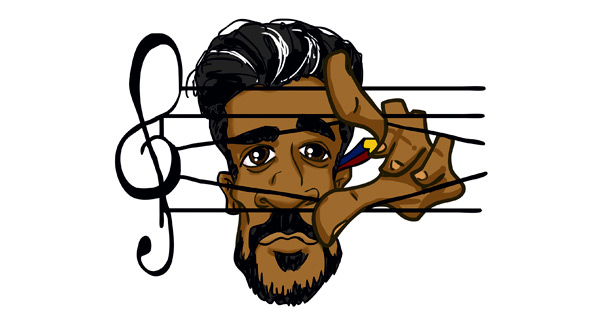To most of the world, Oasis are the band who gave us Wonderwall. Full stop, the end, p.s the Gallagher brothers are wankers. But if you’re an Oasis fan or were around in England during the mid 90s, they were much more than this. To this day, when the British music press talk about iconic British bands, Oasis are mentioned in the same breath as The Kinks, The Sex Pistols and The Smiths. Some of you may be bewildered by this comparison – but it’s the truth.
It’s important to understand the use of the word ‘British’. It denotes the fact that these bands meant more to the British public than they did to the rest of the world. To this day, Oasis are revered in parts of Great Britain as demigods and since their split in 2009 they are continually offered ridiculous sums of money to reform for a tour. To this day, their 2006 show at Melbourne’s Festival Hall is the greatest gig I have ever been to. They were nothing short of a rampaging mess of rock n roll beauty.
Most of you I’m sure have been exposed to their second album (What’s the Story) Morning Glory? It was both the pinnacle of the band’s career and the entire Britpop scene of the 90s. It sold close to 25 millions copies worldwide and contained such hits as Don’t Look Back In Anger, Champagne Supernova, Morning Glory and of course Wonderwall. The year was 1996, there were bust ups, break ups, a string of number one singles and a historic gig at Knewbworth Park in front of 250,000 people over two nights. By the end of it all, Oasis were on top of the world and there was only one place to go – and that was down. Their next three studio albums hovered somewhere between bad and shit, but there were a few gems here and there to keep the loyalist loyal and their cult following alive.
But if you ever sit down and talk to a real Oasis fan, they will almost always tell you that their favourite Oasis album is their debut release Definitely Maybe. There isn’t a single song on that album that is still played on Australian radio, but at the time of its release 20 years ago, it became the fastest selling British album of all time. They had dethroned The Beatles and their legendary producer George Martin blessed Noel Gallagher as the greatest melodist of his generation.
To understand the importance of Definitely Maybe you need to listen to what was dominating the British music scene at that time – Suede. If you don’t know who Suede are, consider yourself lucky.
Definitely Maybe is a wash of distorted guitars, soaring sing-a-longs and a defiant working class attitude. Additionally, in order to appreciate the Oasis story, you need to comprehend the drudge of working class Britain under the rule of Margaret Thatcher. Oasis were not your typical pop stars. They came from the same unemployed families and government housing estates as their fans. When Liam Gallagher sang ‘Is it worth the aggravation, to find yourself a job when there’s nothing worth working for?’ on Cigarettes and Alcohol, he meant it. They had both the ambition and the arrogance to will their way out of their living circumstances. Can you imagine the five of them, at a local pub in Manchester singing ‘Tooniiiiiiiiiiiiiiigt I’m a rock n roll star’ to a pub full of six people? It’s both hilarious and inspiring.
Definitely Maybe is getting a special re-release this month to celebrate its 20th birthday. If you see it, grab it and before you head out on a Saturday night pop it on and prepare to get real rowdy.
Kog Ravindran is a writer, occasionally sings for Melbourne band, The Scarecrows and currently has his debut solo EP Barricades out in the world. Find out all about him at www.facebook.com/Kog4music or check him out on Triple J Unearthed.
KOG RAVINDRAN


